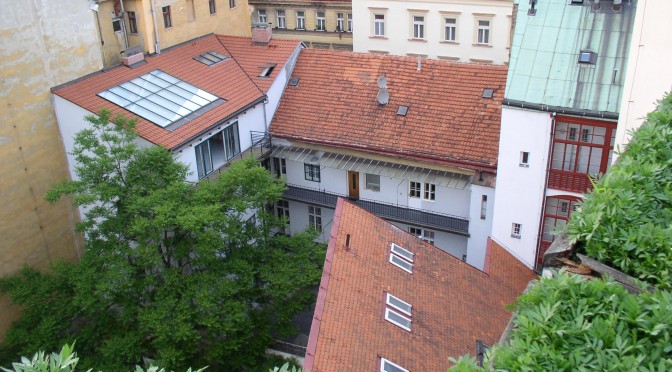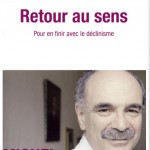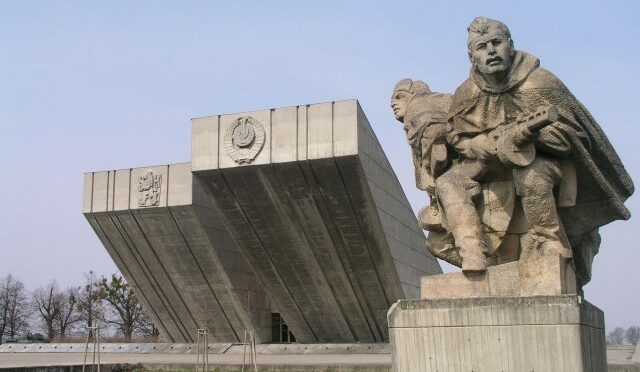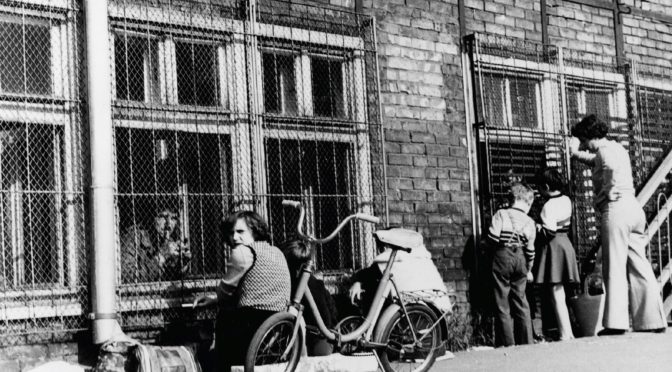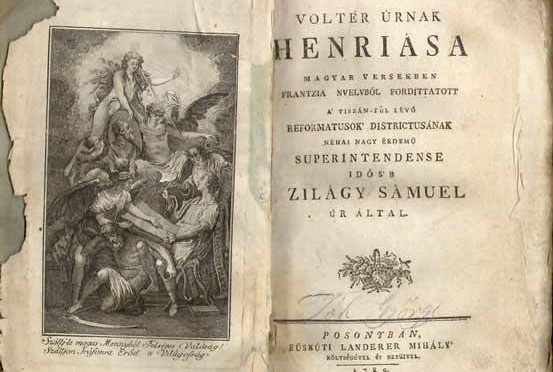Launch of the TANDEM incubator program CNRS-Slovak Academy of Sciences
Where: French Institute in Slovakia, Bratislava
When: June 26th, 4–6 pm
PROGRAM
4 pm – Opening Keynote
Jacques JOUSLIN DE NORAY, First Counselor of the French Embassy in Slovakia
Pavol ŠAJGALÍK, President of the Slovak Academy of Sciences
William BERTHOMIÈRE, Deputy Scientific Director Europe and International, CNRS SHS
4:20 pm – Signature of the convention for Tandem CNRS-Charles University 2024–2029 program
For MEAE: Mr. Pascal Le DEUNFF, Ambassador of France to Slovakia or his representative
For the Slovak Academy of Sciences: Mr. Pavol ŠAJGALÍK, President
For CNRS: Mme Isabelle LONGIN, Regiona Delegate Paris-Normandie, represented by Mr William BERTHOMIÈRE
4:30 pm – Presentation of the first selected project by Tandem CNRS-Charles University program
« VISUAL REPRESENTATIONS, MEMORIALS AND COMMEMORATIONS OF THE SECOND WORLD WAR IN CENTRAL EUROPE »
Laureates of the first Tandem CNRS-Slovak Academy of Science program, Petra HUDEK et Thomas CHOPARD will present their project which focus on historical narratives, memorials and commemorations in Slovakia, Czechia and Poland. Their research aims to analyze evolutions and re-elaboration of museums and monuments since the fall of communist regime until nowadays, to different scales : from great national museums from the Second World War to the local emblematic museums, and also museums dealing with the Shoah memory. The project aims to take into account the specific context of Central and Eastern Europe, and to analyze the impact of the war in Ukraine on the development of national movements in museums, monuments and during commemorations. Starting in 2024 and covering the intense phase of 2025 commemorations, this project will analyze visual static elements in exhibitions, catalogs and public history discourses, as well as more dynamic elements connected to the memorial schedule.
Petra HUDEK is a historian at the Institute of History of the Slovak Academy of Sciences, Department of Contemporary History. In 2022-2023, she carried out her research project “Iconoclasm in the Czechoslovak public space after 1989. The heritage of socialism in historical perspective” as a post-doctoral fellow at the Institute of Contemporary History of the Czech Academy of Sciences. She is currently preparing a monograph on Soviet war memorials in the Czechoslovak public space after 1989. Her research focuses on the politics of memory, museums, and the processes of museification of public space, as well as the instrumentalization of history.
Thomas CHOPARD is a historian and assistant professor at the École des Hautes Études en Sciences Sociales, at the Centre of Historical Research (EHESS/CRH). His research focuses on the history of anti-Jewish persecution and Jewish migration in Central and Eastern Europe. His early work focused on the pogroms and anti-Jewish violence in Ukraine during the revolutionary period, before contributing to the ERC project Lubartworld retracing the trajectories of the Jews of the Polish town of Lubartów. His current research is at the intersection of the study of forced displacement suffered by Jews during the Second World War and the history of Stalinist repression.
5:30 pm – Questions from the public
6 pm – Toast to friendship

